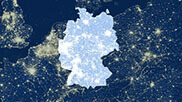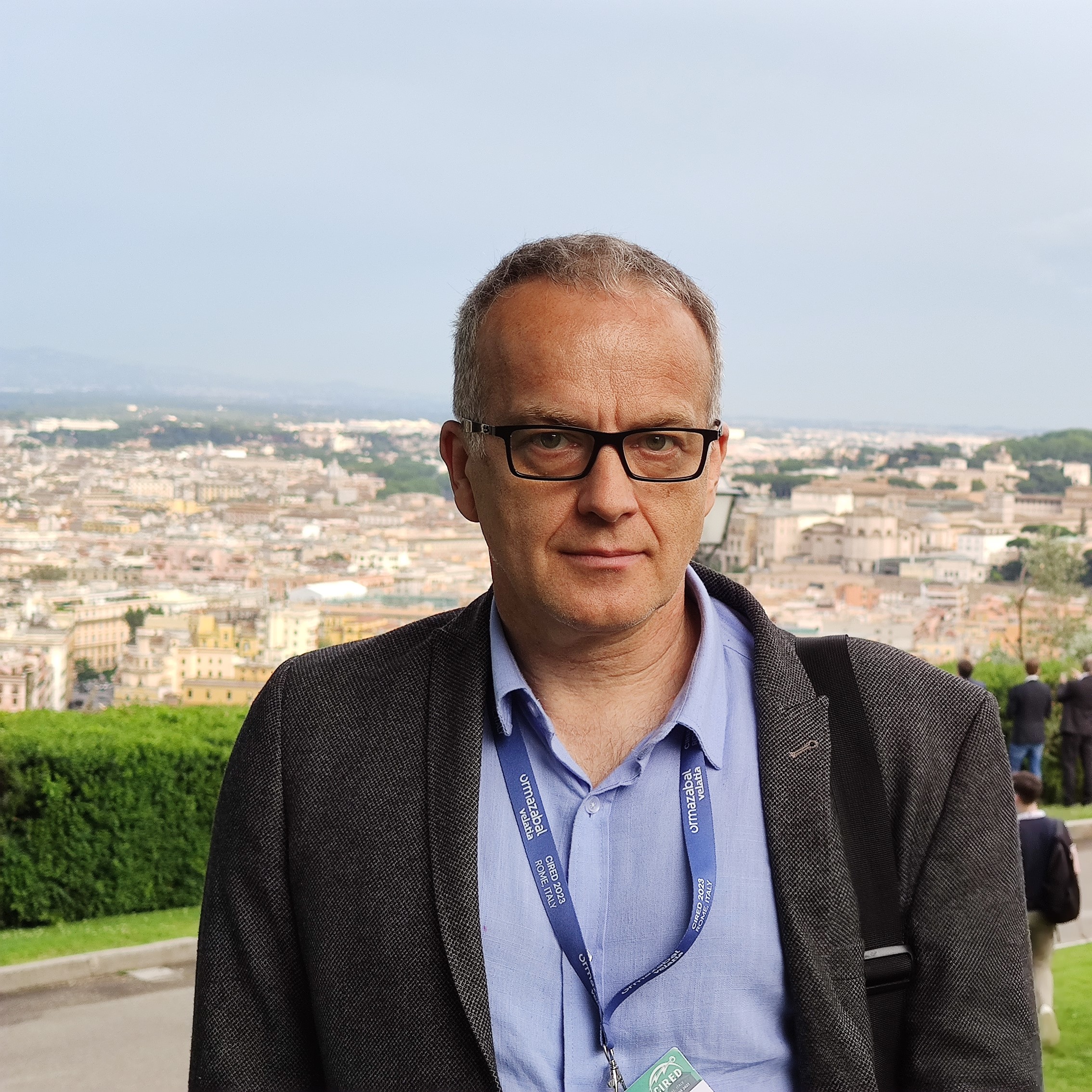Slawomir Noske – Energa -Operator SA, Poland
The transformation of the energy market is integral to addressing the challenges confronting the EU, and DSOs constitute a pivotal component of this market. Effecting responsible changes within the energy market requires the proactive involvement of DSOs. EOP recognizes the imperative to take an active stance, preparing the company to tackle the forthcoming challenges in the energy market.
One of the critical areas of focus is the development of flexibility, a key factor in continuously increasing the share of Distributed Energy Resources (DERs), Electric Vehicles (EVs), energy storage facilities, and new opportunities for energy communities. The changes in this landscape are occurring at a rapid and revolutionary pace, demanding robust technological readiness (the next phase of digitization) and the cultivation of awareness and engagement among all participants in the energy market, with special emphasis on prosumers.
Our involvement in the EUniversal project helps us achieve this. Our intention is to harness the knowledge acquired to construct a more flexible energy market. This endeavor enjoys support from the H2020 program and offers opportunities for collaboration at the EU level. The collaboration among DSOs, scientific institutes, and technology suppliers in such endeavors holds immense value. Conducting technological research and verifying business models in demonstration areas constitutes a significant phase in crafting commercial solutions to advance the European energy market.
The EUniversal project centers its efforts on market procurement to provide the flexibility necessary to meet present and future DSO requirements. In tandem, the project actively explores integrating innovative smart grid technologies to enhance the flexibility of the distribution network. Both aspects are fundamental and closely interwoven with the process of digitization. The knowledge amassed by members of the Euniversal consortium is rooted in pilot activities conducted in three distinct demonstration areas. Each of these areas yields invaluable insights and practical experiences that are pivotal to the overall project outcomes.
In the Polish demonstration area, we have acted in these two key directions to support congestion management – our approach involves two key directions for enhancing network flexibility. Firstly, we seek to uncover reserves of flexibility within the distribution network itself, with a particular focus on Low Voltage (LV) networks. This emphasis is warranted due to the rapid proliferation of PV micro-installations and heat pumps, which pose a significant challenge for DSOs in ensuring the smooth operation of prosumers while maintaining network integrity.
In this context, our innovative approach to developing smart grid solutions aims to augment network flexibility without the need for costly and time-consuming expansions. A central element of this approach is the deployment of new autonomous smart substations (Flexsubstation) stations, designed to adapt to changes in customer behavior and autonomously regulate voltage levels in the network. This is achieved using transformers equipped with adjustable voltage levels, operating in real-time based on data from smart meters installed at customer locations. The station controller’s algorithms respond dynamically to changes in the LV network’s operation, optimizing voltage levels. The successful analysis of built and tested prototypes of these stations paves the way for their widespread adoption, significantly boosting LV network flexibility.
Notably, we are pioneering the testing of flexibility services in real-world conditions in Poland. By utilizing the NODES platform across all demonstration areas, we foster knowledge sharing and the adoption of common standard solutions. The introduction of flexibility services represents a substantial transformation in the way DSOs operate, and we are actively learning how to implement this change effectively, equipping the company with the necessary knowledge. Our efforts extend to educating employees on new possibilities in congestion management. However, we’ve recognized the critical role of customer involvement in this process. Preliminary work has underscored the need for a concerted effort to raise awareness among both industrial and individual customers. Building this awareness may require substantial effort, possibly more than the actual implementation of flexibility services as an additional constraint management method.
In the broader context, the energy transformation underway necessitates the active participation of DSOs. They encounter numerous challenges as they strive to strike a balance between ensuring electricity supply security through smart grid development and integrating an array of energy market participants into the transformative process. Both pathways should be developed in parallel, aligning with the overarching goal of facilitating the energy transition.






